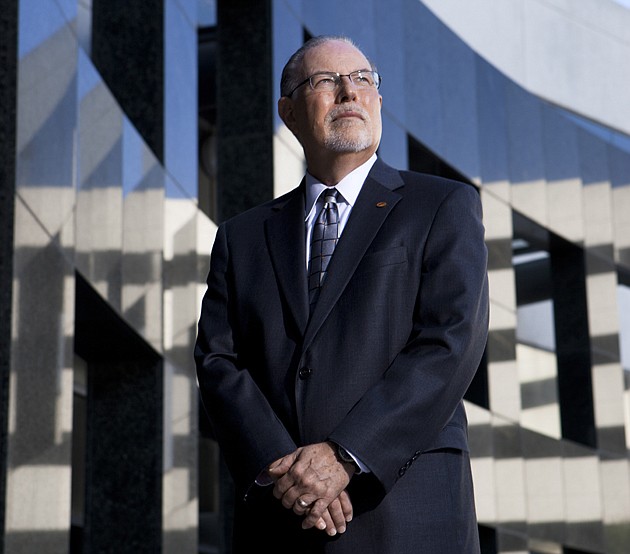- December 22, 2024
-
-
Loading

Loading

In one sense, Paul Weston is just like his fellow Gulf Coast community bank executives: He's a true believer in the hometown, do-the-right-thing ethos of a local banker.
Weston even chafes at the overreaching ways of federal lawmakers on industry regulations. “It's a big, big expense,” says Weston, of compliance in the age of Dodd-Frank. “As they write regulations, it will trickle down, and that's particularly challenging, because you never know what's coming next.”
But Weston is markedly different in a significant way. That's because his bank, Tampa-based TCM Bank NA, has outperformed many of its peers over the past year — even with a down first quarter.
The $164.3 million asset bank, for one, remains a leader among the Gulf Coast's 53 community banks in return on equity and return on assets, according to Federal Deposit Insurance Corp. data. The bank's ROA fell 1.5% in the first quarter over the same quarter of 2011, for example, but at 2.27%, it's the second-best ratio on the Gulf Coast. The bank's ROE, 11.4% in the first quarter, is sixth best in the region.
TCM's recent triumphs are based primarily on one salient fact: It doesn't have any walk-in customers, and it doesn't loan money to businesses. Instead, the bank has a genuine niche in providing credit card payment services for community banks. TCM is a subsidiary of ICBA Bancard, the for-profit arm of the Independent Community Bankers of America, a Washington, D.C.-based lobbying group.
The niche is a big reason for TCM's success amid the industry heartache. No commercial loans, of course, means there are few nonperforming loans that weigh down the balance sheet. But another key is TCM offers community banks a product — credit card accounts and receivables — that can help raise deposits at a crucial time for lenders.
Still, Weston, a onetime executive with Visa who is now CEO and president at TCM, realizes the hot streak won't last forever. “It's a little bit misleading to look at the numbers and say 'my gosh, this bank is making a ton of money,'” says Weston. “I'm always flattered when we see ourselves on these lists, but we don't want to get our heads too lost in the clouds.”
The FDIC insures TCM's deposits. The bank's national charter stems from the Competitive Equality Banking Act of 1987, which created a spot for credit card banks — with several stipulations. A CEBA bank can only have one office that accepts deposits, it can't take savings accounts, and deposits can't be less than $100 million, unless it's collateral for secured credit card loans. A CEBA bank can issue Visa or MasterCard cards.
TCM Bank was founded in 1998. It has 42 employees, including a dozen or so hired last year for a new 24-hour-a-day call center run out of its Tampa headquarters. It has clients in 47 states, with a heavier presence in parts of the country that withstood the banking downturn better than others, such as Texas and the upper Midwest. TCM processes more than 1 million credit cards for 583 community banks nationwide.
“We are sort of at a renaissance of community banks being involved in credit cards,” says Weston. “A lot of community banks are realizing that if we don't step up and provide safe credit cards for our customers, we are leaving them to go to the big, bad guys.”